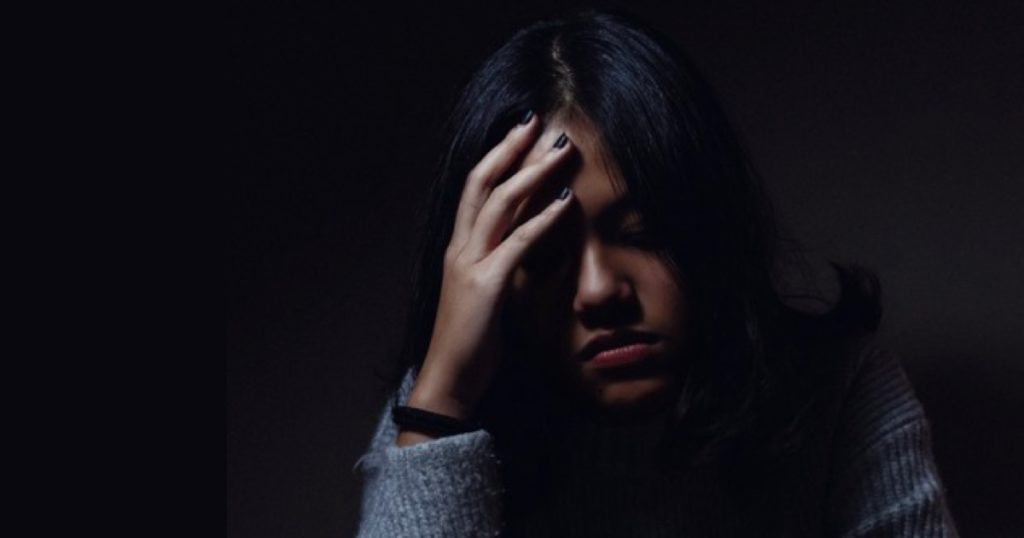Left untreated, obstructive sleep apnea can aggravate symptoms of clinical depression. Patients suffering from undiagnosed sleep apnea may not be able to control their depression with medication alone, making it especially important for people with depression to get screened for sleep apnea.
Depression and Sleep Apnea
- A mild sleep apnea sufferer is twice as likely to have depression than someone without sleep apnea
- A patient with depression is five times more likely to have sleep apnea than a person without depression
- Because depression and sleep apnea share many common symptoms, sleep apnea is under-diagnosed in depressed patients
Depression and sleep apnea share several common symptoms, including daytime fatigue, poor concentration, and reduced productivity. Both sleep apnea and depression also affect a person’s mood and attitude, with many sufferers becoming easily irritated and withdrawn. People may not take pleasure in activities they once enjoyed. Due to these overlapping symptoms, sleep apnea is often misdiagnosed as depression, or not diagnosed at all. Depression and Sleep Apnea Have Common Symptoms
Depression and Sleep Apnea can be a Dangerous Combination
People with depression are more likely to have a breathing-related sleep disorder such as sleep apnea. Additionally, sedative and hypnotic medications occasionally prescribed to aid in sleeping can aggravate sleep apnea. These medications make it more difficult to wake after an apneic episode, increasing the amount of time that oxygen is not flowing through the body.
Treat Sleep Apnea and Control Your Depression
Research shows that sleep apnea treatments can significantly improve symptoms such as irritability, fatigue, and a lack of concentration. With treatment, patients may be able to alleviate existing depressive symptoms and boost the effectiveness of their antidepressants.


